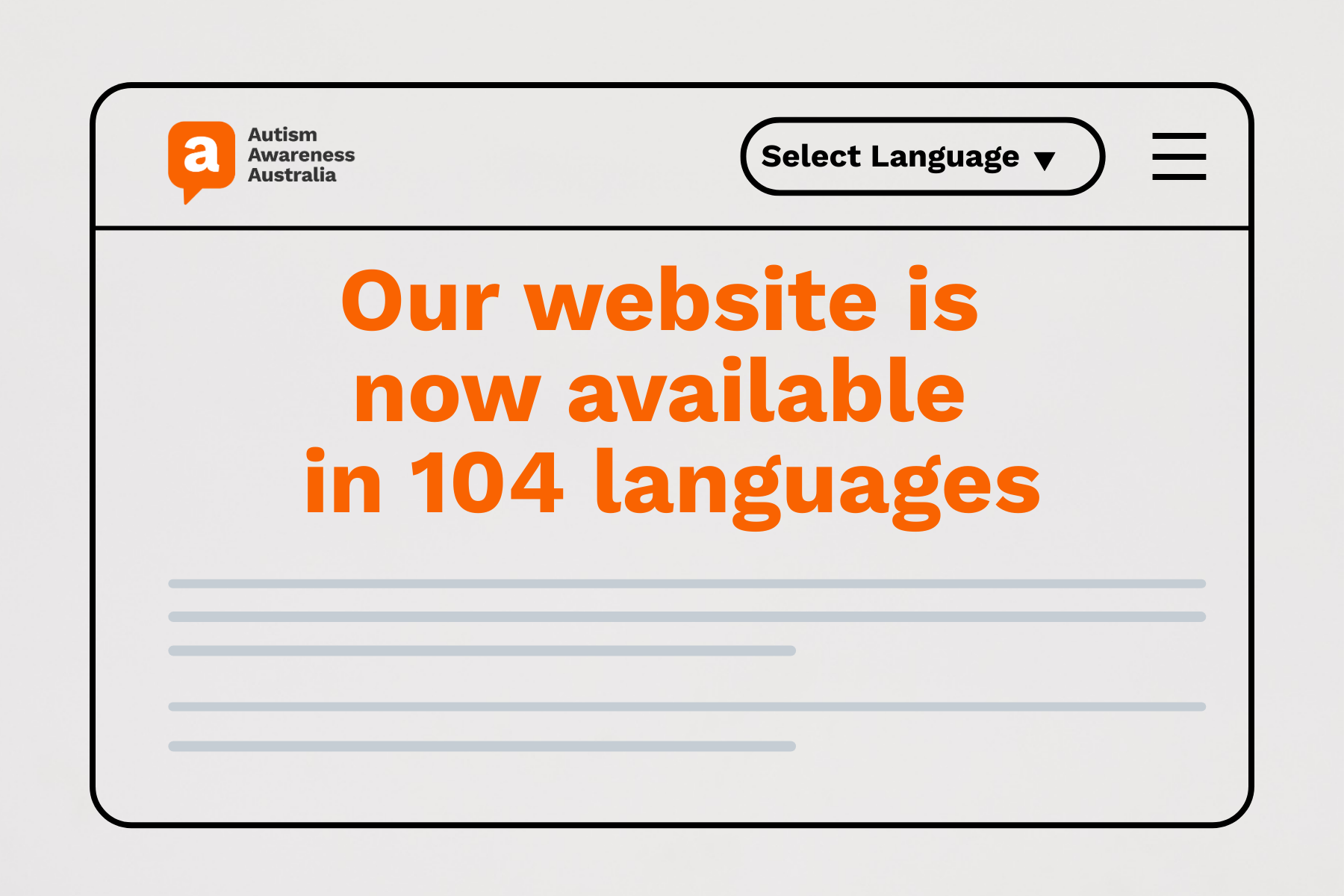A guide to finding support workers that click

As an NDIS participant, I use support workers all the time.
They help me live in my own unit, work full-time, play sport, and so much more. Simply, they let me live the life I want to live.
Because support workers are such a big part of my life, people often ask me what I think good support work looks like. It’s a great question. Given the role that support workers play in my life and the lives of so many NDIS participants, I thought I’d dedicate a whole blog post to that question. In this post, we’ll explore:
- What is support work?
- How can you tell if a support worker is good for you?
- What questions you should ask support workers?
What is support work?
Support work helps me with things I’m not able to do myself, because of my disability. This could include a whole lot of different activities:
- Showering, dressing, or toileting
- General housekeeping or cleaning
- Grocery shopping or cooking
- Going to sports events or gigs
- Going on a holiday.
If you need help with any of these things (like me!), you might be able to get support work as part of your NDIS Plan. You might already have it! Simply check in your NDIS Plan under ‘Core Supports’. You can use any funds in this category for support workers.
You can hire support workers privately (if they work for themselves) or through an agency (a company with lots of support workers). The choice is yours. But a quick note:
- For private support workers, you come to a private agreement on how much they charge per hour. You have flexibility, but you coordinate your own supports.
- For agency support workers, you get a ‘schedule of supports’, a document that says how much the agency charges. You often pay more, but you don’t coordinate as much.
What makes a good support worker?
Over the years, I’ve learned that good support workers share many traits. From my experiences, here are some things that you should be looking out for when hiring a Support Worker:
- They should be good listeners. If they’re listening, they’re engaged in your needs.
- They should respect your opinions, even (particularly) if they differ to their own.
- Wherever possible, they should empower you to make your own decisions. If you’ve got a free day, they should be asking you what you want to do, not the other way around!
- They should always be on time or advise as early as possible if they can’t make a shift.
- They should respect your boundaries. Even though you’ll spend a lot of time with them, and the great ones feel like mates, it’s important you still put boundaries in place.
The NDIS is also about choice and control, so you have the right to choose a Support Worker who you think is a good fit for you.
This means that ‘good’ can depend entirely on what you think it is! To know this, you need to ask any potential Support Worker questions. I’ve got some example questions below.
What should you ask a potential support worker?
It’s important that you get to know the person who’s going to be helping you. Most of the time, I interview potential support workers and get them along to a buddy shift, where they work a shift alongside one of my existing workers.
During this interview or buddy shift, you can ask a host of questions to help you gauge if it’s a right fit. I like to ask:
- How long have you been a Support Worker?
- What drew you to Support Work as a job?
- What are some of your interests? (For example, do you like music? Sport?)
- If you were a kitchen appliance, what would you be? (We think this is a fun one!)
- Do you like animals? Have any pets of your own?
In getting to know them, you learn if the Support Worker is the right fit for you and your home. Again, it’s not about asking personal questions, but gauging if they would be good at helping you go to that gig you’ve always wanted to go to or helping you around the garden.
But the main thing to remember: your needs are different to what I need, so feel free to tailor these questions to yourself. Hopefully you then get the same great support workers I got!
For further information and support
Autistic adults
- NDIS funding for adults
- Getting started with the NDIS
- Setting goals and making your first plan
- What makes a good support service?






